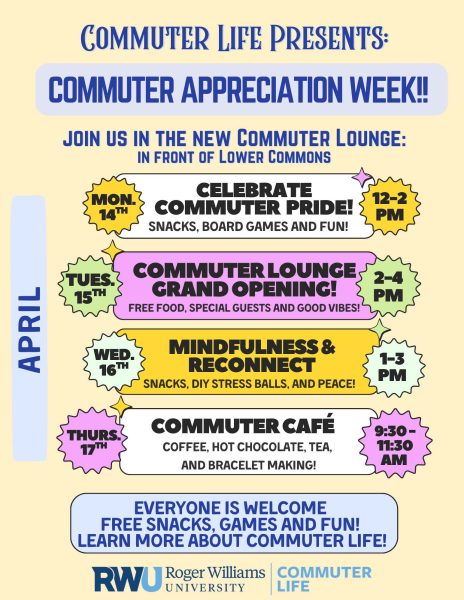Remote learning in a Nor’easter yay or nay
Students and professors discuss thoughts on remote learning in inclement weather
The Nor’easter that hit campus a couple of weeks ago has professors and students questioning the best methods for maintaining student safety as well as continuing education. The university’s Emergency Response Team (ERT) put the university in Level 4 operations for the storm.
Level 4 means that essential personnel only report to campus and everyone else should work remotely.
Dr. William Palm, Associate Professor of Engineering and Honors Program Director said remote learning has made a difference in how he deals with inclement weather situations.
“The big difference is that we are now able to hold classes remotely during weather-related closures, which is new since the pandemic started,” said Palm. “I see that with my children’s school as well. They have distance learning during snow days.”
Under Level 4 of operations, professors are allowed to make the decision whether a class will be held virtually or not.
Palm said he would not hold class virtually if students did not have internet or power. He also had a strategy for commuter students who have to deal with a big storm.
“If it was a big storm and commuter students might have lost power, I would want to provide some sort of make-up option or alternate lesson for them, perhaps an asynchronous virtual lesson that they could complete later,” said Palm.
Lesson plans for the bad weather day are considerations for Palm holding class virtually as well.
“I also consider the lesson planned for the day and whether it would work in a distance format or, if not, whether I have time to adapt it to work or have something else that I can do,” said Palm. “Sometimes the learning outcomes for the day lend themselves to independent study by students but sometimes they do not.”
Associate Professor of History Dr. Charlotte Carrington-Farmer had a similar mindset to Palm for whether to go virtual.
“If I don’t have power or RWU doesn’t have power, then there is no way I’d try to hold class, either in person or virtually,” said Carrington-Farmer.
“I think it was unfair to expect students to have class online when so many people on and off campus had no internet. If there is no power on campus, class should be canceled with no expectation of being online.”
As for communication methods, professors receive the same text messages, phone calls and emails that students do. However, not being on campus leaves them in the dark on certain conditions that students might be under.
Palm said that while he was aware that the campus was at Level 4, he was unaware of the power outages in many of the residence halls. He said that information would be helpful for professors to know because it impacts his decision on the status of his classes.
Students generally thought the university’s management of the storm went well.
Sophomore Gianna Todaro said she thought the university did the best they could under their circumstances but wished they gave a clearer estimate on when power would return.
Freshman Emma Hansen agreed.
“I thought the communication was great and effective, I wish there would’ve been more communication about why the power was still out after six plus hours though,” said Hansen.
Hansen said she did not want online classes at all.
“The more we can do to keep students in class the better,” said Hansen. “When events happen that knock out power, the wifi might go out and devices don’t charge, students deserve a surprise day off once in a while.”
For how situations like these can be improved in order to make the experience easier for students Todaro said, “I think they should have us choose how we receive important notifications like this. It can be a lot to receive a text, emails and a call with every new update.”




